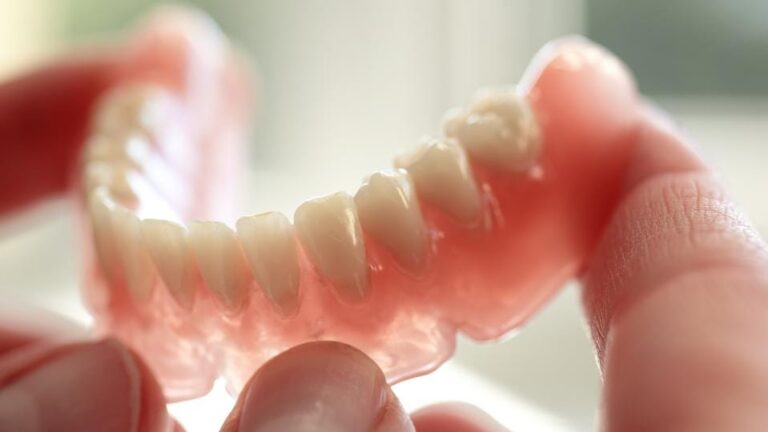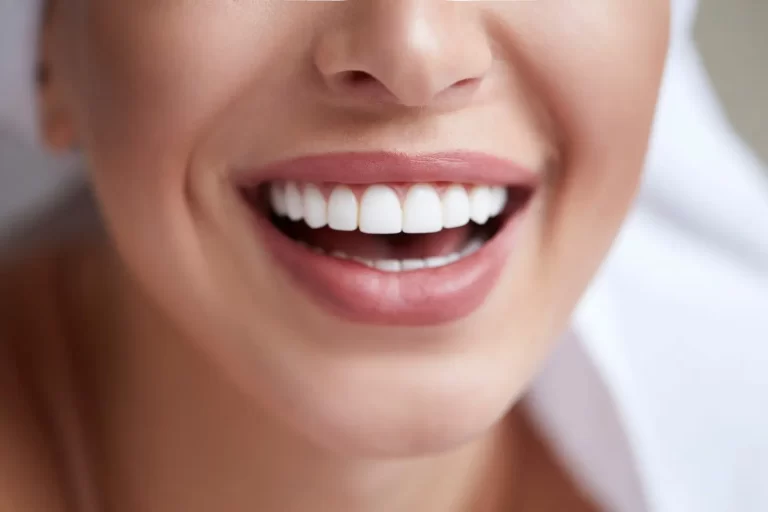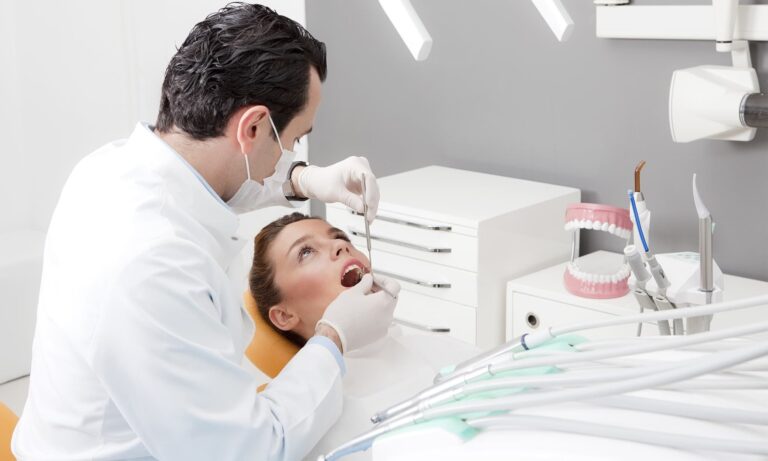IUI
IUI stands for Intrauterine Insemination and is commonly known as artificial insemination. It is a minimally invasive outpatient procedure. Simply put, this procedure is the placement of the partner or donor’s sperm in the woman’s uterus. The procedure is easy and comfortable. There are four phases of the procedure-
The first phase is preparation. It is important to time the IUI procedure with ovulation. The ovulation is evaluated either by at-home urine tests or ultrasound. Medications and hormone injections are often administered to help eggs mature one to two weeks before the procedure. Some women also need injections to stimulate the ovaries to release eggs on the day of the procedure.
The second phase is the collection. The semen sample from the male partner or donor is collected. The most common way of collecting of semen is when the man masturbates in a sterile container provided by the fertility doctor. The semen is then washed, which means that the sperm is separated from the seminal fluid.
The third phase is insemination. The cervix of the woman is cleaned, and a thin tube is inserted into the vagina through the cervix. The sperm sample is then released into the uterus. The sperm sample is released thirty minutes to an hour after being processed for the best results. The woman is rested in an incline for ten to twenty minutes. The procedure is complete, and the woman can return to her daily routine.
The final phase is pregnancy. The woman takes a pregnancy test about two weeks after the procedure. If the test comes positive the woman is pregnant and if the test comes negative IUI may have to be repeated. It is not uncommon for women to take multiple IUI procedures for positive results.
IVF
In-vitro Fertilisation is one of the most common assisted reproductive technologies or ART. ‘In Vitro’ means the outside body and in this procedure, the woman’s egg and the man’s sperm are combined in a laboratory under surveillance outside the woman’s body. IVF brings the natural process of conception into the laboratories. This procedure is slightly invasive and has seven phases-
The first phase is preparation. Medical history and fertility tests of both partners are done and evaluated. Usually, the woman is put on birth control medication or estragon medications to control menstrual cycles.
The second phase is stimulation. During a normal ovarian cycle, only a single egg matures for ovulation. In this phase, ovarian stimulation is provided through hormone medication and injectables to produce more than one mature egg. The dosage and type of ovarian stimulation depend on a case-to-case basis.
The third phase is retrieval. When the eggs mature, a thin suction device is passed through the vagina into the ovarian follicles to retrieve them. The eggs are placed in a sterile petri-dish with a special solution and placed inside an incubator.
The fourth phase is fertilisation. Intracytoplasmic sperm injection (ISCI) is a procedure where a single sperm, from the partner or donor, is placed in each egg cell. About 70% of these will fertilise.
The fifth phase is development. The fertilised eggs start to grow and are kept under observation. About half of the fertilised eggs will become embryos to be transferred into the uterus.
The sixth phase is the transfer. One week after fertilisation, the embryo is moved to the uterus. The cervix of the woman is cleaned, and a thin tube is inserted into the vagina through the cervix. The embryo is then released into the uterus. The other embryos are frozen for future use.
The seventh phase is pregnancy. The woman takes a pregnancy test about two weeks after the procedure. If the test comes positive the woman is pregnant and if the test comes negative the process of transfer is tried with the remaining embryos. If no embryos are left, the IVF procedure has to begin again.
IUI vs IVF
IUI is a less invasive and more natural way of conception. It is a viable option for single women, same-sex couples, women with cervical abnormalities and males with low sperm count and reduced mobility. It is less time-consuming and less expensive than IVF. While IVF is more expensive it is more effective than IUI. IVF is the option when IUI fails to provide positive results. IVF is done when there are severe fertility problems such as blockage of fallopian tubes, ovulation disorders, uterine fibroids, and endometriosis. IVF procedure is also chosen where there are concerns about the passing of genetic disorders. In IVF the embryos can be frozen for future use.
If in India, one can consider looking for the best ivf centres in kerala as the state houses some of the best specialists.










